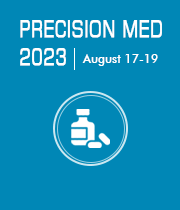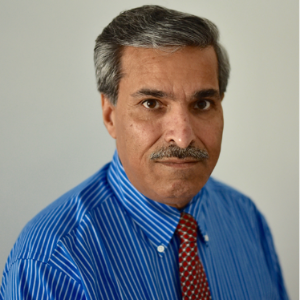Title: A novel mechanism to inhibit NF-kB and enhance chemotherapy efficacy in breast cancer.
Abstract:
NF-κB is a pro-inflammatory transcription factor that regulates pathways for DNA Damage repair, cell survival and apoptosis, and contributes to emergence of resistance to genotoxic chemotherapy in a variety of cancers. Cell cycle and apoptosis regulatory protein 1 (CARP-1 or CCAR1) is a perinuclear phospho-protein that regulates signaling induced by anticancer chemotherapy and growth factors. CARP-1 is a part of the NF-κB proteome. Our studies show that CARP-1 binds with NF-κB activating kinase IKK subunit γ (NEMO or NF-κB essential modulator) as well as RIP1 Kinase (RIPK1). CARP-1 interactions with NEMO or RIPK1 regulate the chemotherapy-activated canonical NF-κB pathway. Importantly, blockade of NEMO-CARP-1 or RIPK1-CARP-1 Interaction diminished NF-κB activation, indicated by reduced phosphorylation of its subunit p65/RelA by chemotherapeutic agent adriamycin (ADR), but not NF-κB activation induced by tumor necrosis factor α (TNFα), interleukin-1β (IL-1β), or epidermal growth factor (EGF). High-throughput screening of a chemical library yielded a small molecule inhibitor of NEMO-CARP-1 binding, termed selective NF-κB inhibitor 1 (SNI)-1). We noted that SNI-1 enhances chemotherapy-dependent growth inhibition of a variety of cancer cells including human triple-negative breast cancer (TNBC), and patient-derived TNBC cells, in vitro, and attenuates chemotherapy-induced secretion of the pro-inflammatory cytokines TNFα, IL-1β, and IL-8. SNI-1 also enhanced ADR or cisplatin inhibition of murine TNBC tumors, in vivo, and reduced systemic levels of pro-inflammatory cytokines. We conclude that NF-κB pathway can be selectively targeted to enhance responses of cancer cells to genotoxic chemotherapy.


